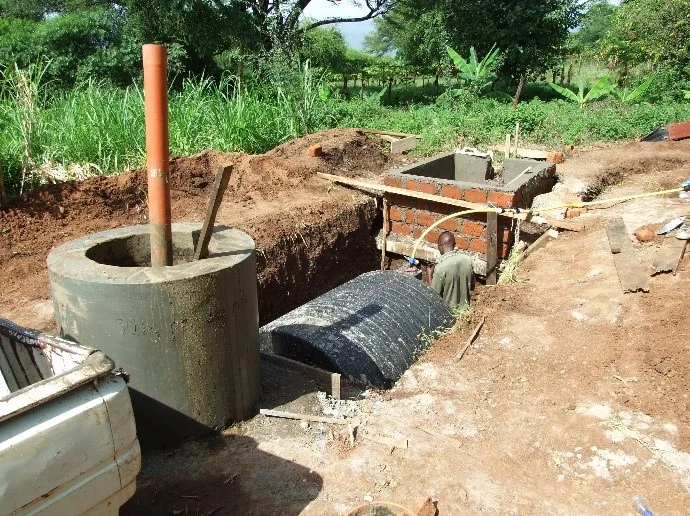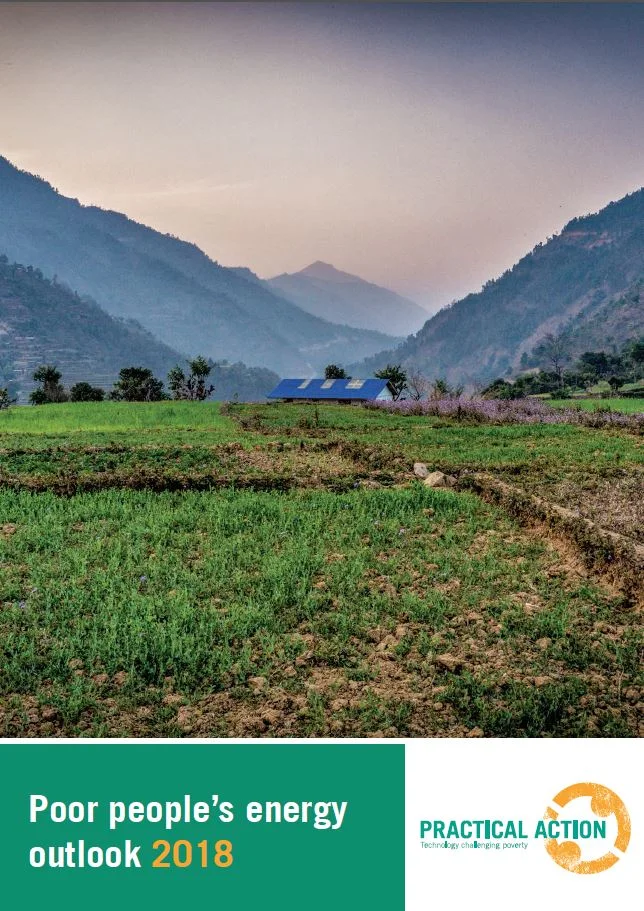GRIPS is an Innovation project led by Swanbarton in partnership with Gham Power, Practical Action Consulting, HiT Power Limited and Scene Connect to improve access to clean, reliable energy in Nepal. Within this project, Scene Connect developed and provided an advanced distribution network monitoring system to identify periods of network stress that might result in an outage.
Viewing entries in
Energy Access
The 'Saline Aquaculture Network in Ghana' project will establish a network of regenerative saltmarsh and aquaculture sites along the coast of Ghana, exploring the growth of high-value halophytic crops for local farmers as well as providing a host of ecological benefits such as coastal flood-mitigation, carbon capture, and ecosytem restoration.
In partnership with Heriot-Watt University, Findhorn Innovation Research & Education, Environmental Design Solutions and Auroville Consulting, Scene is developing a novel control system capable of accessing flexibility from existing residential air conditioning (AC) systems in India.
Alongside Takazuri, Scene will be exploring a circular economy model that deploys disruptive manufacturing technology and converts waste into innovative long- life products with huge commercial potential for domestic and international markets in Kisii, Kenya. The project will support the existing informal workforce while also creating formal employment opportunities, and promoting product innovation while taking care of the environmental impact.
Building on the results of the EMBLEM energy trading trials on the Isle of Iona, EMBLEM 2 will now test the feasibility of a local peer-to-peer energy trading market to tackle the energy trilema in Rwanda and Nepal.
In partnership with Farm-Hand, Futurepump and the Gulu Agricultural Development Company, Scene is trialling a smart irrigation tool in northern Uganda - REFRUIT (Resource Efficient Farming by Renewable Uganda Technology). Informed by participatory workshops with regional smallholder farmers, REFRUIT will use hyper local day-ahead weather forecasting to deliver the right amount of water at the right time, through a solar-powered water pump.
The Nano Membrane Toilet (NMT) currently being developed by Cranfield University has the potential to revolutionise the current system of sewage and treatment - it does not use energy or water. Scene and Practical Action Consulting (PAC) have teamed up to 1st stage route-to-market strategies to Cranfield University in deploying NMT in urban areas in Nairobi, Kenya.
Most of renewable energy growth has occurred among variable technologies (wind power and solar PV), raising concerns about integrating large shares of variable generation into power systems. Establishing Mutually Beneficial Local Energy Markets (EMBLEM) will test the feasibility of a pioneering energy trading system for local energy economies, that aims to be a cost-effective demand-response solution to securing efficient energy supply.
HEED (Humanitarian Engineering and Energy for Displacement) is a joint project between Coventry University, Practical Action and Scene. Its aims are to increase the access of affordable and sustainable energy for forcibly displaced people in Rwanda and Nepal and to introduce new principles for the design, procurement and provision of energy for forcibly displaced communities worldwide.
Indian agriculture is currently responsible for 22% and 85% of India’s total electricity and water consumption respectively. A main objective of SCORRES is the development of financially viable, robust, location specific irrigation systems for the Indian agricultural sector, based on clean energy and storage.
Smart Biogas Networks aims to create a system, built on digestor integrated sensors, that allows better fault prevention and detection in the biogas market - leading to more efficiencent operation and happier customers. This pilot project is taking place in Tanzania alongside leading UK and international partners.
The Poor People's Energy Outlook series (PPEO) was launched in 2010 to shine a light on energy access from the perspectives of the poor. By drawing on the realities of energy-poor people, the PPEO series has been hugely influential in re-framing the energy access narrative.
Towards Resilience was funded by the Scottish Government International Development Small Grants Programme and focussed on identifying and overcoming end–of-life problems related to renewable energy technology deployed in the state of Odisha, North East India through the development of an information gateway.













